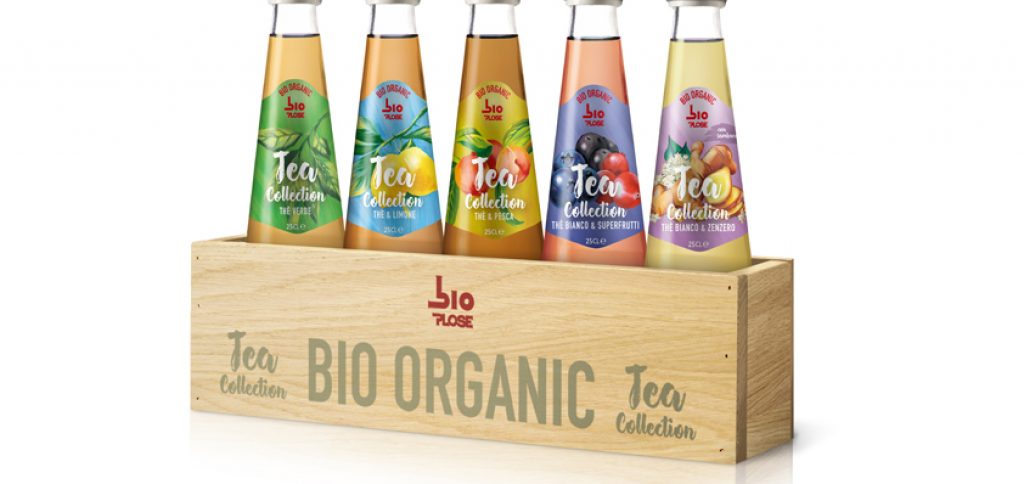Are non-alcoholic beverages surrounded by organic hype, too?

The days when organic products could only be found in health stores and organic-food stores are long gone. Now organic hype has pervaded all distribution channels, as verified by the latest figures. Even non-alcoholic beverages are becoming increasingly organic, and consumers place value on the use of organic raw materials.
According to a study conducted by the Organic Food Production Alliance (Bund Ökologische Lebensmittelwirtschaft), German consumers spent EUR 9.48 billion on organic food and beverages in 2016—an increase of nearly ten percent over the previous year. As a result, Germany remains the largest organic market in Europe, followed by France, the United Kingdom and Italy. If you consider the share of organic products as a percentage of overall food sales, there is actually a need to catch up, with Denmark and Switzerland clearly topping that list.
When it comes to organic products, Germany is an innovation leader
New studies from the market-research company Mintel show that Germany is one of the most innovative global markets when it comes to organic product launches and that it leads the European field. For example, last year 25 percent of all foods and beverages introduced in Germany had or organic label. By comparison, organic products accounted for 22 percent of new products in Sweden, 20 percent in the Netherlands and the Czech Republic, and 19 percent in Denmark and Austria. In the world’s largest organic market, the USA, organic products accounted for a mere 14 percent of new products introduced last year.
From major corporations to small enterprises: Everything is represented
The companies that are active on the German and European organic beverage market include major corporations as well as small and medium-size enterprises. For example, Coca-Cola recently added three organic flavors to the portfolio of its Vio brand—lemon-lime-mint, orange-mango-passion fruit and apple-blackberry. The Georg Thalhammer company launched its new naturally cloudy “Pumpkin Kiss” spritzer, which features concentrated organic pumpkin, pear and apple juices. There are plenty of other innovative non-alcoholic organic beverage ideas—far too many to name them all here. When coming up with new organic beverage compositions, above all the use of organic raw materials is important. This year’s drinktec, the World’s Leading Trade Fair for the Beverage and Liquid Food Industry, has a separate exhibition sector dedicated to the topic of raw materials. It is where manufacturers can gather in-depth information and ideas for new organic creations.
Last but not least, a somewhat different interesting idea: Beverage manufacturer Plose in Southern Tyrolia not only has a new generation of organic-quality iced teas available, it also packages five different types of its “Tea Collection” in a rustic wooden box on which the words “Bio Organic” cannot be overlooked. It is a combination of product and packaging that gets peoples’ attention and is popular with consumers. Environmentally friendly packaging is becoming increasingly important, especially when it comes to organic products. Other innovative concepts for manufacturing organic beverage packaging from renewable raw materials can be found here in the drinktec blog.
Future growth prospects good
Organic non-alcoholic beverages continue to have good growth prospects—and that despite considerably higher pricing compared to classic products. That was the result of a Mintel study, which revealed that, right now, 24 percent of Germans surveyed are willing to pay more for organic products. That figure was just 18 percent in 2016. Similar figure apply to France. In other European markets such as Poland, Italy and Spain, the willingness to buy expensive organic products is still much lower at this time. However, that could easily change in the future. Which is why it is important to be ready.
drinktec offers companies that are putting their money on organic beverages a number of opportunities to gather and exchange information. There are also plenty of new ideas for innovative organic beverage concepts in the New Beverage Concepts area. The drinktec Forum features interesting attractions on topics including new raw materials, process technology and beverage safety. Finally, flexible filling and packaging technology—including for small batch sizes—are available in the exhibition halls.
